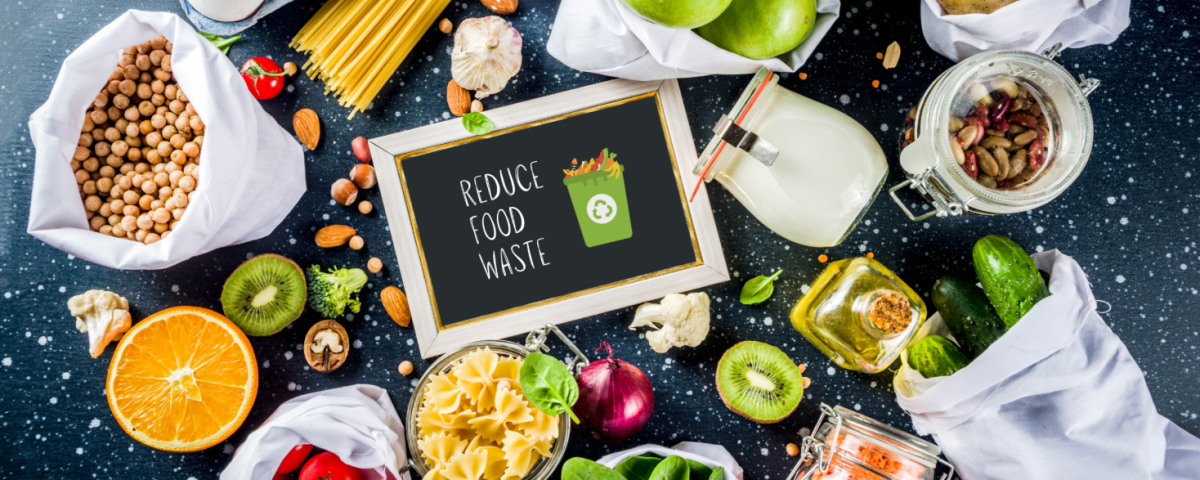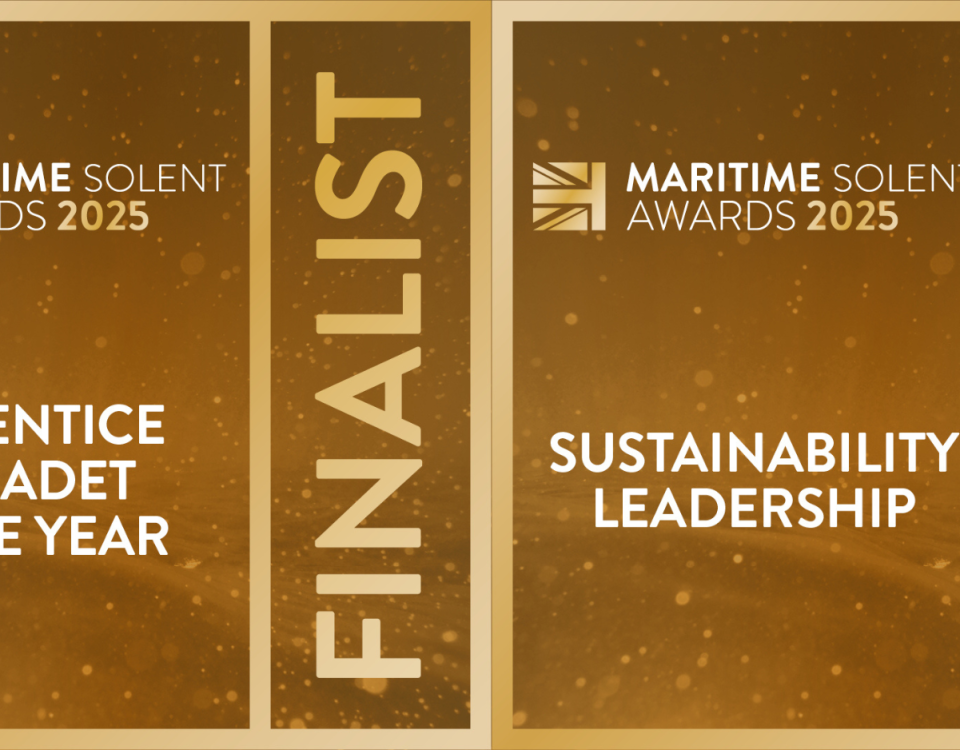
Riding Team: Maintaining and improving our fleet
3 February 2025
Malta: A milestone in our shore power journey
26 March 2025It’s Food Waste Action Week – a great opportunity to highlight the work we do to reduce food waste across our operations, both ship and shore.
Food waste reduction is a key component of our 2030 Sustainability Goals. Our ambition is to reduce food waste on our ships by 50% per person* by 2030, and we’ve already surpassed our interim goal with a 42% food waste reduction per person. This has been achieved thanks to the continued hard work from teams ship and shore who are focused on delivering food waste reductions.
* relative to a 2019 baseline
Reducing food waste on our ships
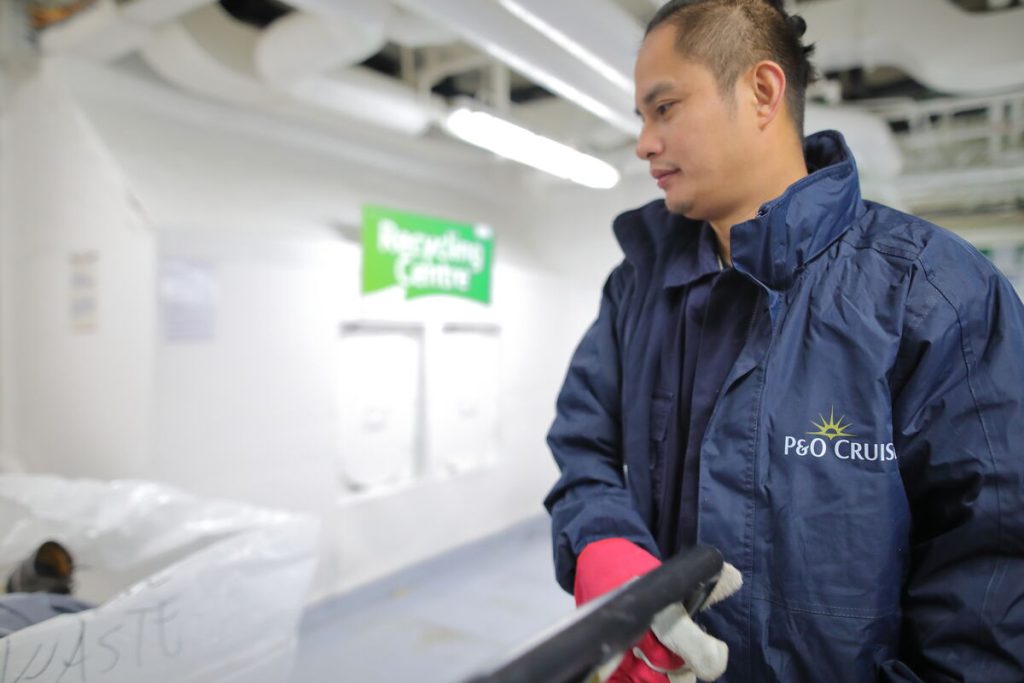
Our ships’ teams are constantly exploring smart solutions to help minimise food waste without impacting our offering to our guests. We have daily monitoring of uneaten food to help us identify areas for improvement. We also weigh our food waste daily enabling us to focus on areas to drive down food waste. This is for both production waste and plate waste.
However, it’s not just about tracking the level of food waste we have, it’s also about taking actions to ensure food waste is kept to a minimum. This includes daily briefings with the galley teams so food waste is always seen as a priority, improving knife skills of team members to ensure a more successful operation, and constant menu evaluations to ensure we’re providing a menu our guests enjoy.
Safely managing food waste on board
It’s important to us to safely manage our food waste, which is why we’ve invested in food waste biodigesters. These ‘steel stomachs’ use a natural process to break down uneaten food on board, helping us reduce the impact of the waste on the natural environment.
The safe management of food waste is a key component in our ongoing commitment to reducing our impact on the oceans we sail. One way in which we ensure the efficient management of food waste is through investments in technology such as dehydrators. Food waste dehydrators use heat to remove water content from food waste. Dehydrators offer an alternative method for food waste processing that has the potential to reduce waste volume by about 90%. They produce a mostly dry inert biomass output which is offloaded in port or incinerated on board.
What’s happening with shoreside food waste?
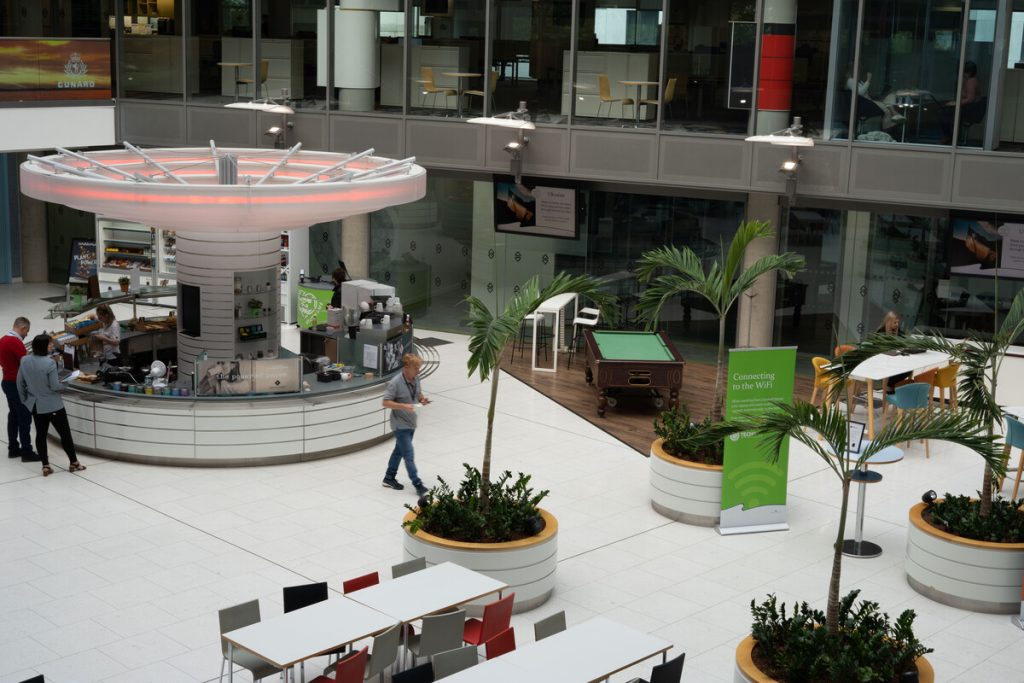
Since the start of February 2024 our Development Kitchen has been offering surplus dry, frozen and fresh produce to local communities through the OLIO food waste initiative. We’ve also been donating spare samples received within Carnival House. To date we have donated over 107kg of food which is equivalent to 254 meals being saved from going to landfill!
We’re also introducing food waste collections points so everyone can play their part in helping to safely manage food waste.
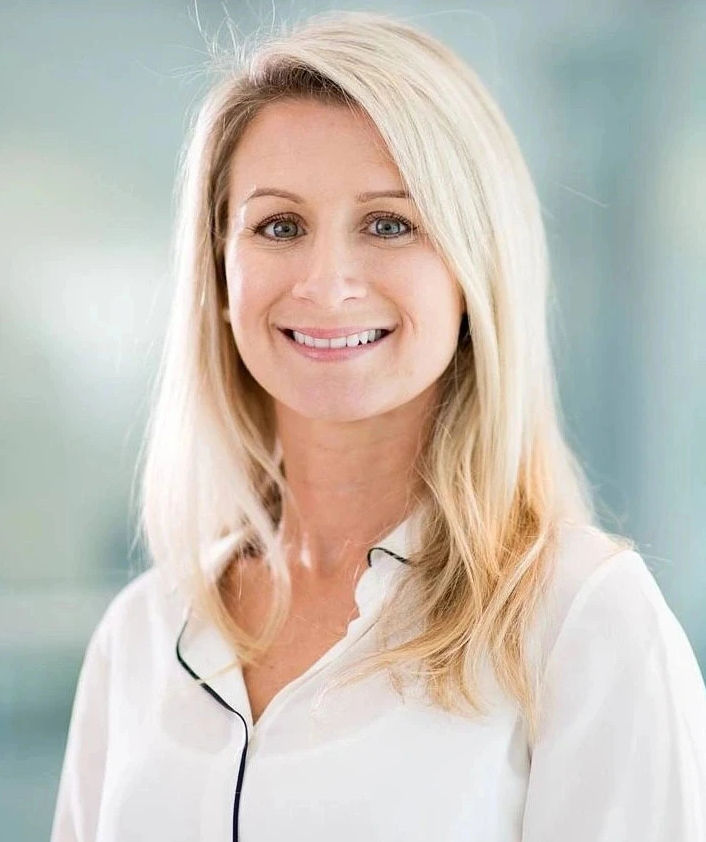
Sophie Portlock, Vice President of Sustainability said: “We work hard to ensure sustainability is an integral part of who we are. It’s about taking meaningful action to deliver positive impact across our operations, now and in the long term.
All of this not only enhances our business performance but also supports the long-term interests of the company. Sustainability is vital for our future, and together we can shape a future we can all be proud of.”

